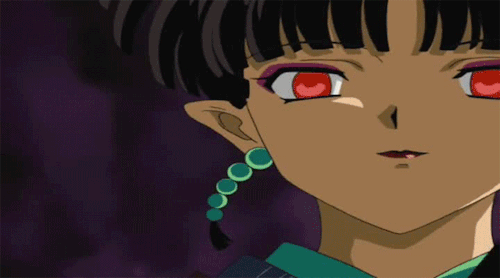Sorry to dredge some of this up a day later, but I'm stuck at work today with no one else around, and I'm bored.
I won't argue with you about the pointless deaths, but I will argue with you on the terms of the villain having no rational motivations.
Regardless of if it's true or not, many works of fiction use the premise that the Nazi were interested in the occult. By no means is it a stretch for a Nazi to find a man (Hoenhiem) who came "from the other side of the gate", a land that is full of wonder and people who can turn rocks into gold, and dedicate her life to crossing over the boarder. When they capture a "dragon" (Envy) from the other side, they have their ideas further reinforced.
When she finally gets to the other side, she realizes that it's not Shambala, a land of wonder, but a parallel to her own world, with human inhabitants. This scares her- it's not what she expected to find on the other side!- so she does what Nazi do- decide that all of the problems are caused by people not like herself, and commit genocide against them.
Yes, this character had a lack of development. That's because this movie had a lot of ground to cover- resolution to Ed's story in the new word, Mustangs story after the final confrontation with Bradley, Al's journey to find his brother, what happened to the remaining Homunculi, and closure for more minor characters like Winrey and Izumi. And you have less than a 2 hour block of time to tell your story. So they shortcut that by using a common trope to tell you all you need to know about a character. When I play Batman: Arkham Asylum, there is no scene explaining why Batman can't pick up the guns or knives that enemies drop in battle- because it assumes that you know who Batman is, and that using a gun is something he would never do. In this case, they take the trope of an Evil Nazi obsessed with the occult (just like Raiders of the Lost Ark!), and use that to explain the actions instead of spending valuable time creating a backstory for her.





